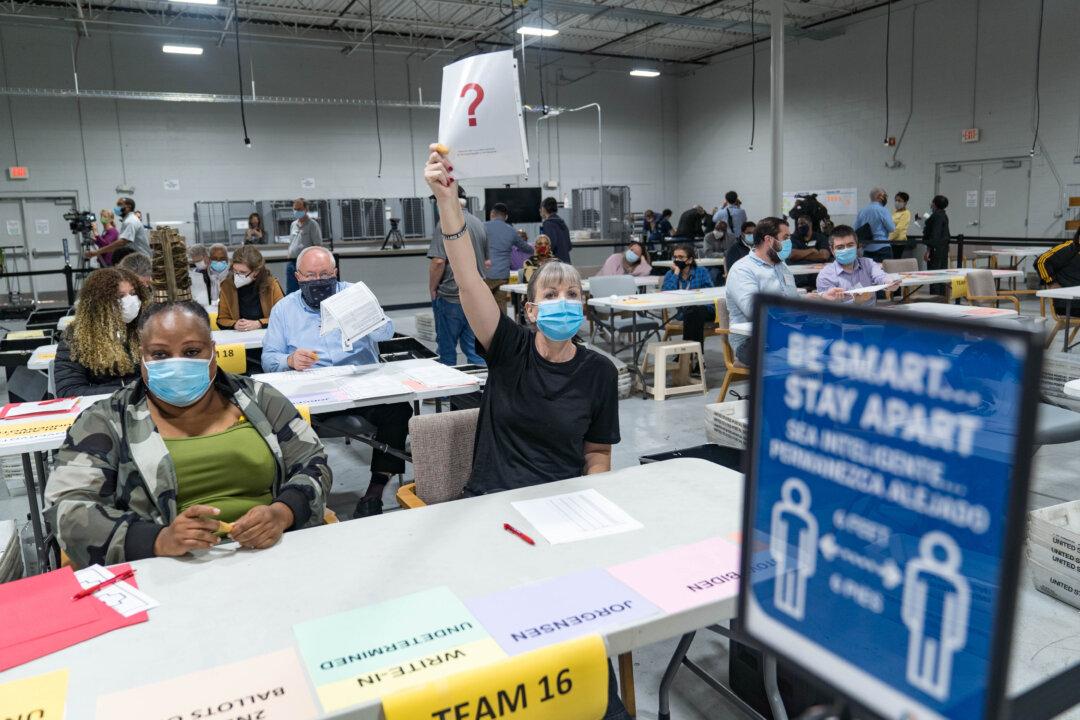WASHINGTON—The former data and strategy director for President Donald Trump’s 2016 election campaign has canceled his vacation plans to comb through election data for voter fraud.
Matt Braynard and his wife had planned to be in the Dominican Republic, but “right now, this is where I’m needed,” he said on YouTube on Nov. 8.





